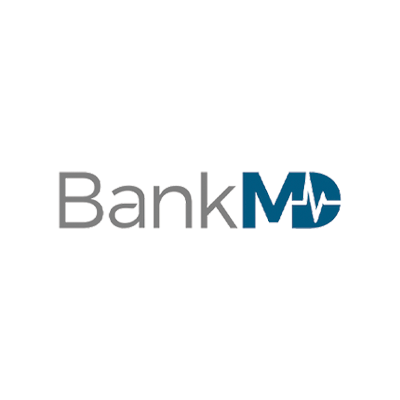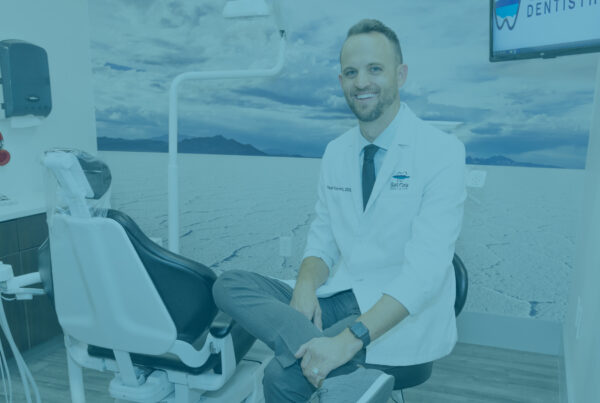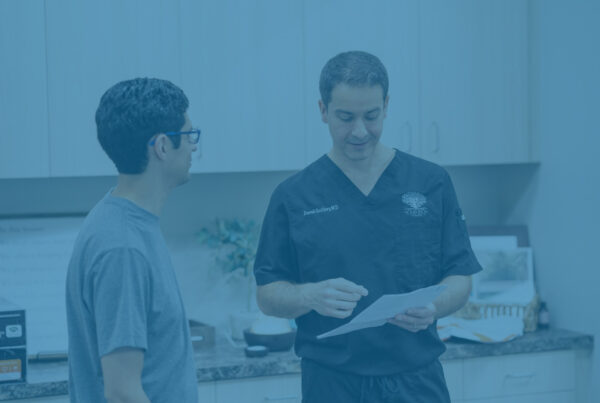So, you feel like you are ready to venture out into the entrepreneurial world and start your own practice, but medical practice funding is intimidating and you don’t know where to begin. To start, ask yourself, “What medical practice startup costs need funding?” and “What are the costs associated with starting a medical practice?” Once you’ve identified the answers to these questions, it’s time to figure out how to get a loan to start your medical practice. Before you begin your journey through financing, here are some helpful things to consider before applying for any loans.
Identify Startup Costs
Funding sources want to see that you have an in-depth understanding of how much it actually costs to start your practice. The costs associated with starting a practice may surprise you. They vary significantly depending on your specialty and your location. For instance, in urban areas, that cost will be higher.
Examples of practice startup costs that you need to account for before pursuing financing:
- Acquiring and remodeling an office space
- Leasing and added leasehold improvements of an office space
- Licensing, fees and insurance
- Billing and collection capabilities
- Furnishing, equipment, medical supplies and software
- Website and marketing
- Payroll and benefits
- Professional business plan and financial pro forma
- Market analysis
( MGMA members can access MGMA.org for a more detailed checklist for medical practice startups. Click the button below to visit the site. )
Set Financial Expectations
The reality is that medical practices are considered good candidates for loans. They are relatively low risk and can be generally profitable within 1-2 years. Because of this, it is important for you to set realistic expectations around future performance, income and profitability when speaking with a financial source. BankMD considers themselves partners, not just funders, placing trust as a large component in the financial process.
Select The Perfect Loan
Obtaining medical practice funding requires planning and time commitment. The best approach is to talk to your potential loan provider (bank or otherwise) to learn about options and requirements for different loan types. Because every practice is different, the best option for you may be different from what you find online.
Types of loans that exist in the market today:
- SBA 7(A) loans are insured by the Small Business Association
- This can help you get better terms and increase flexibility and likelihood of approval.
- Non-bank term loans and short-term loans
- Provides straightforward financing depending on your expected repayment schedule. The downside is they lack any flexibility if times get tough.
- Equipment loans and business lines of credit
- These types of loans have stricter requirements, but stronger benefits if you meet those requirements.
- Medical practice business loan
- You can go to the bank directly to get a medical practice business loan if you’re a long-time customer of your bank. Traditional banks lack the knowledge, expertise and internal controls to manage risk associated with your loan. They can act more aggressively if your performance is not up to par.
The process of selecting the right medical practice loan can be difficult. Speak with your bank to talk through your financial expectations, identify potential risks that could arise in the future and calculate what you need for startup costs. Don’t be intimidated by the unknown because financing is possible and readily available to you. If you are looking into applying for financing with BankMD, visit https://bankmd.com/meet-your-new-business-partners/.







